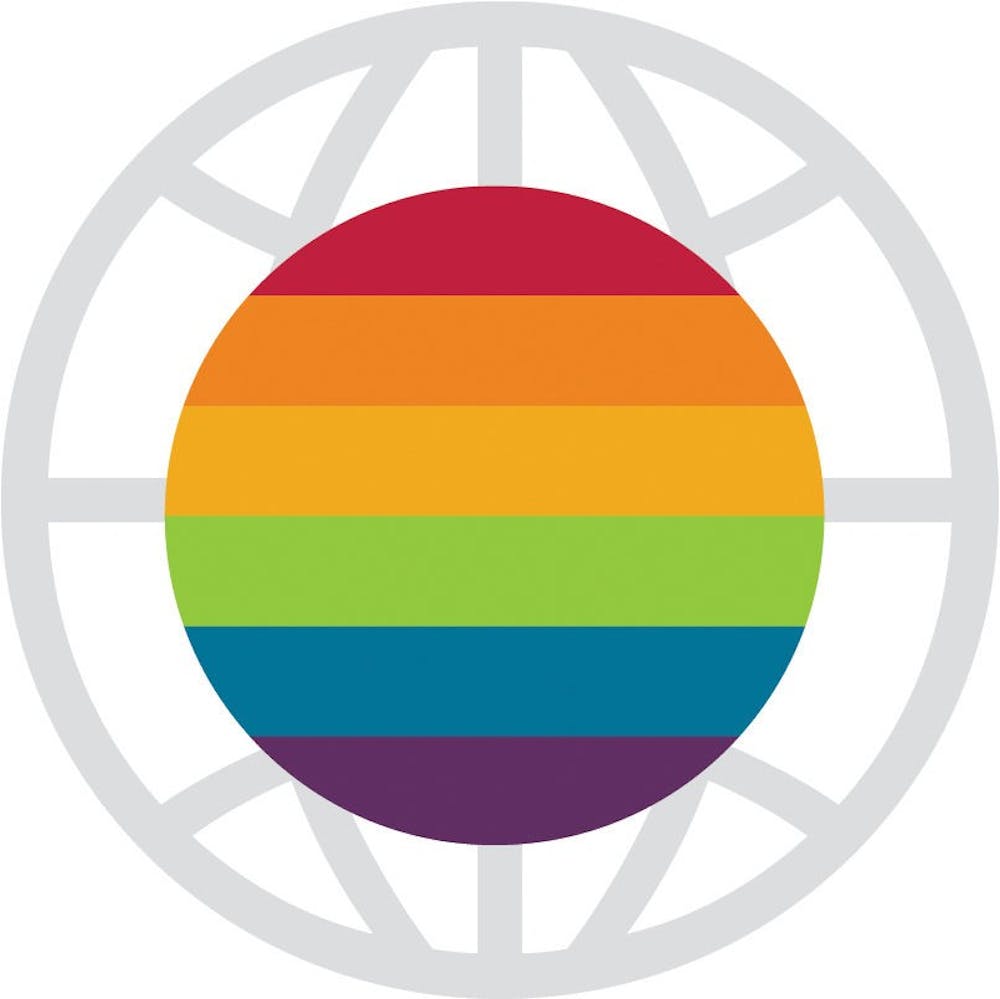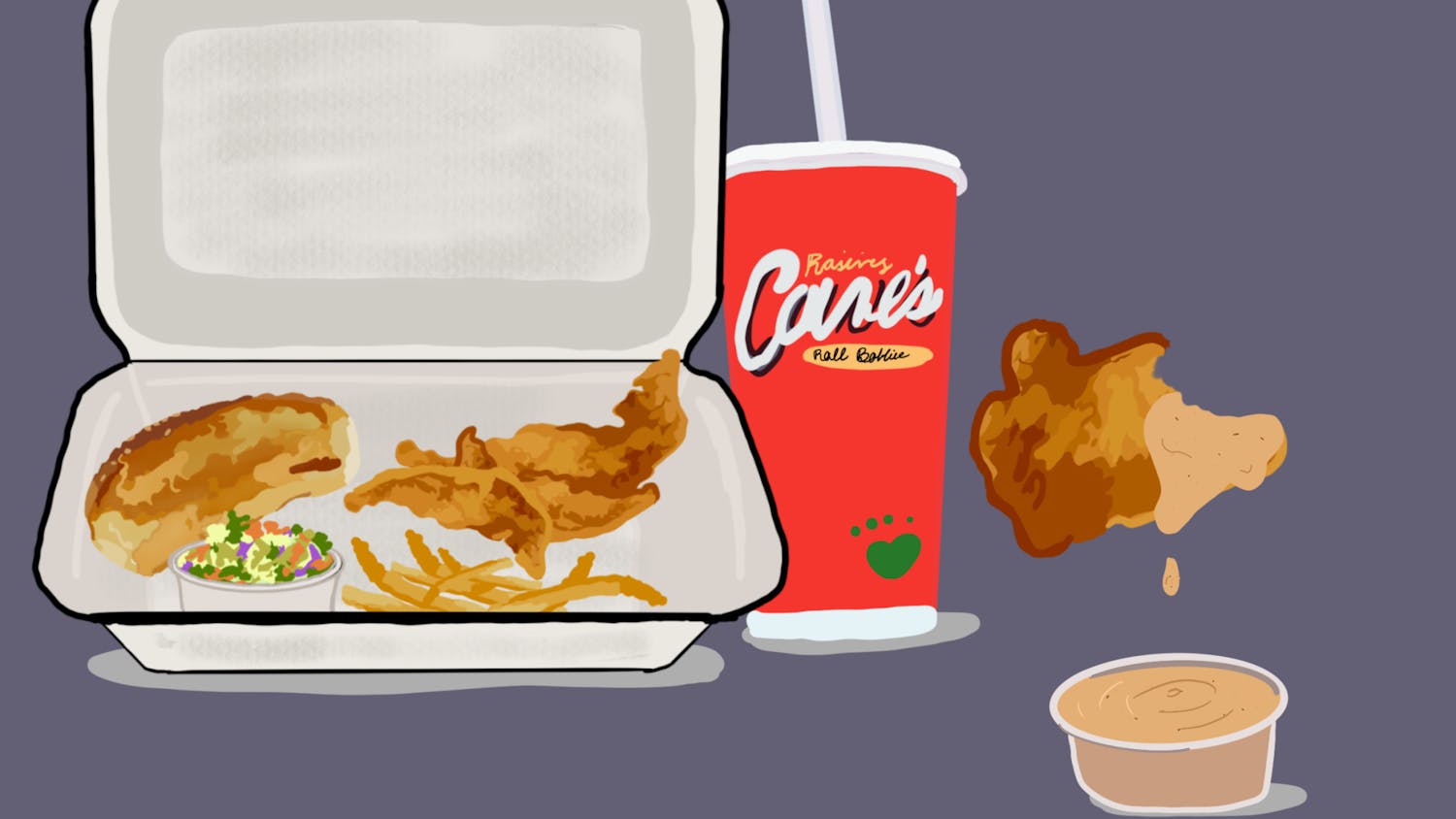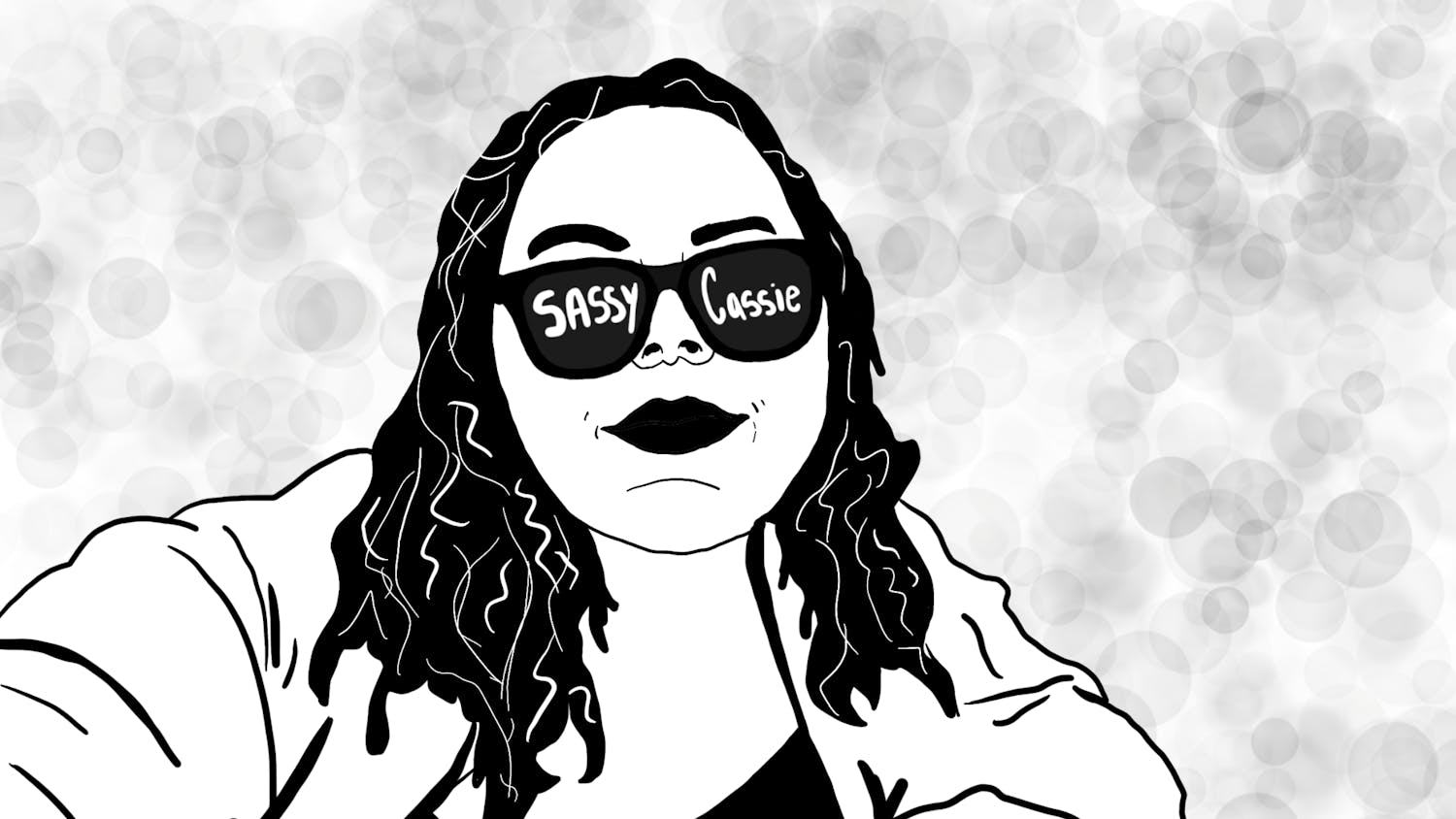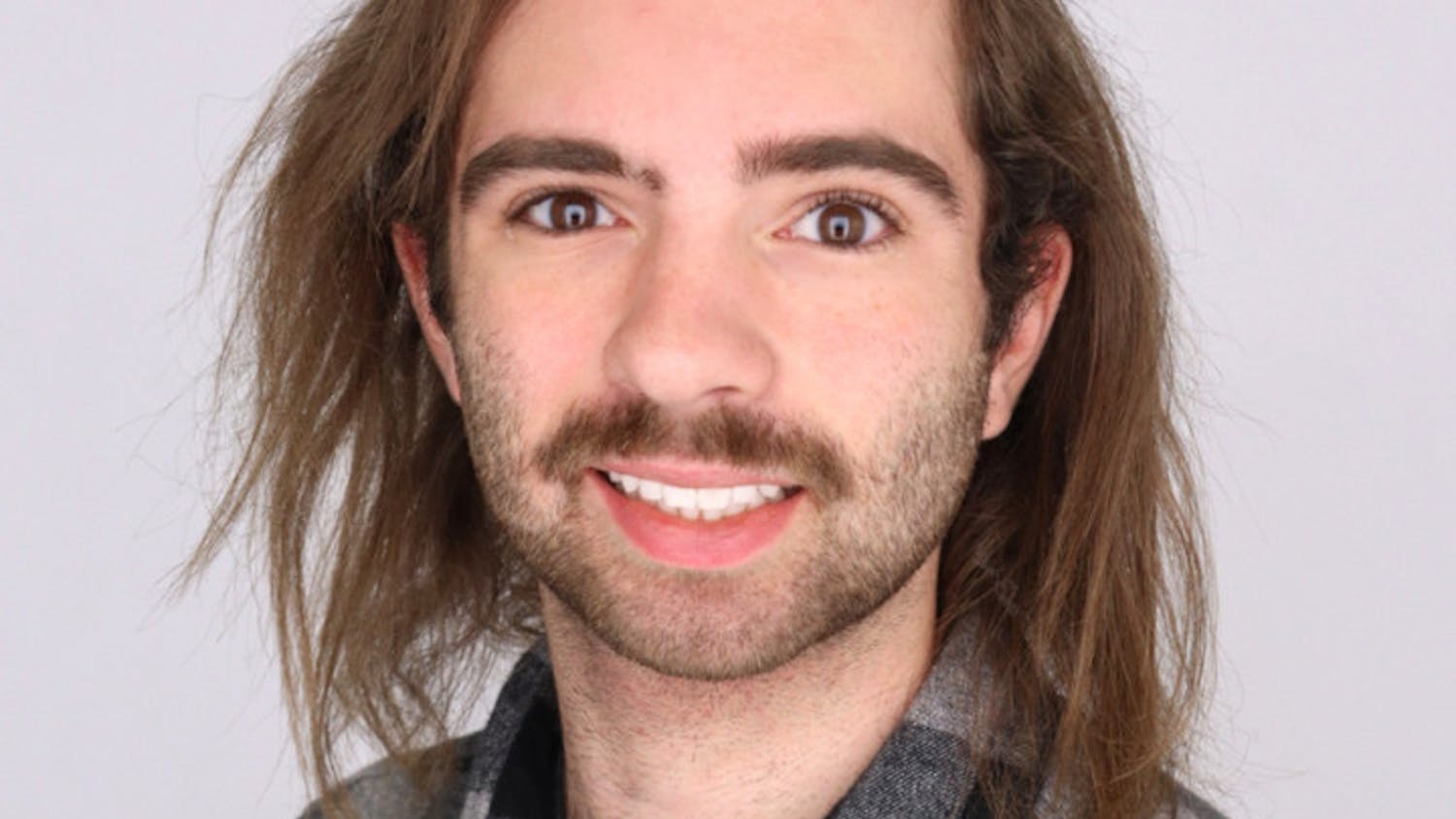Question: As a bisexual woman, I’ve been fighting for LGBT equality all my life. Recently, I’ve been seeing so much more negativity toward bisexuals coming from lesbian and gay people.
It sounds exactly like what they went through. They accuse people like me of being inherently immoral: untrustworthy, dishonest, and promiscuous (I’m not). They say that being bi is a choice (it isn’t), that I don’t know my own orientation (I do) or that it is a phase, and generally act like I’m suddenly not good enough for them. I’ve been told that I didn’t contribute anything to their fight for equality, and how dare I try to ride their coat tails.
I’ve been told that being bisexual means I’m transphobic (I’m not) because “binary” also starts with bi.” I’ve been told that I have “straight privilege,” which is completely ridiculous and an awful thing to say. I’ve seen more negativity toward bisexuals - from lesbians and gays - since Obergefell v. Hodges than ever before.
So my question is, what gives? Why are bisexuals suddenly bad guys? Did I miss some big event or tiny trend that led to this? Has it always been this way, and I was too oblivious to notice?
Response: Unfortunately there has always been negativity toward the bisexual community — I wouldn’t say that this is something new, but rather something that is more easily received because of social media, as well as the representation of bisexual people within media that plays into stereotypes, such as the stereotypes you mentioned about the hate toward bisexual people that they are “promiscuous,” and “dishonest.” Like all stereotypes, this plays on people’s insecurities and fear toward something that they do not understand.
When you are told that bisexuality is a choice, that you don’t know your orientation, and that you are “going through a phase,” that is the same rhetoric that is used against gay and lesbian people and it divides a community that is stronger when advocating and empowering all identities.
Robyn Ochs, a bisexual activist, defines bisexuality as, “I call myself bisexual because I acknowledge that I have in myself the potential to be attracted—romantically and/or sexually—to people of more than one sex and/or gender, not necessarily at the same time, not necessarily in the same way, and not necessarily to the same degree.”
Just because “bisexual” and “binary” both start with “bi” does not mean that bisexual people believe only in a binary. Bisexual people do not have “straight privilege” because it takes a heteronormative avenue that implies that someone is heterosexual until proven not and that erases a lot of someone’s identity.
Cassidy Paul (she, her, hers) is the Education Coordinator at the LGBT Center as well as Women’s Affairs Commissioner for Student Senate; Sam Haug (they, them, their) is the Group and PR Coordinator at the LGBT Center.
Have a question for the LBGT Center? Send your questions via email to lgbt@ohio.edu and/or oulgbtcenter@gmail.com and/or therainbowroomou@gmail.com; via Tumblr (oulgbtcenter); via Twitter to @oulgbtcenter with hashtag #qaqueer; or post/message to Facebook (oulgbtcenter). Questions may also be explored on our weekly radio show, the Rainbow Room, on ACRN.com.






